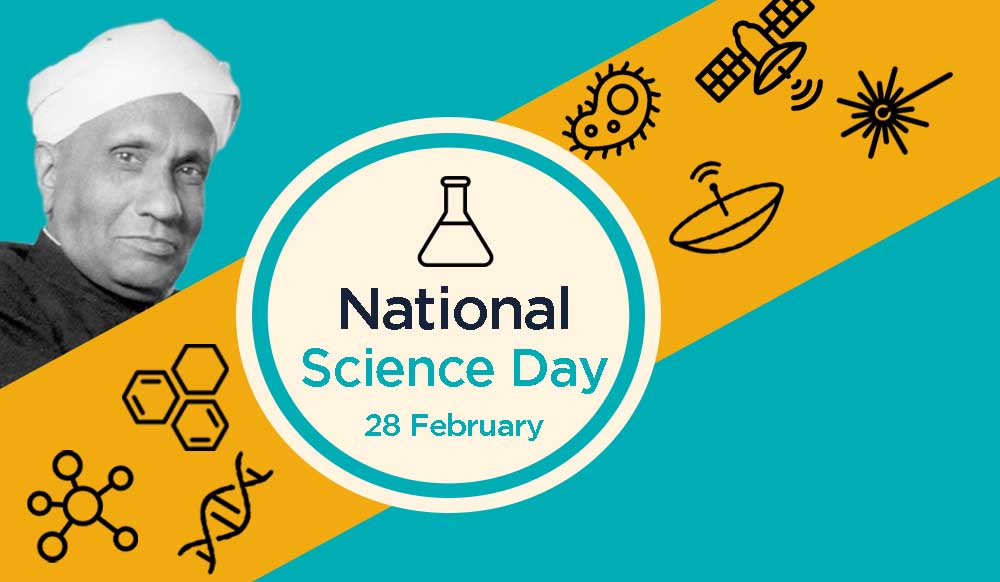For the past 32 years, every 28 February has been celebrated as a remembrance of great Physicist Sir CV Raman’s contribution to science and the Indian scientific community.
Chandrasekhara Venkata Raman discovered the Raman Effect on this day in 1928. For his discovery, Sir CV Raman was awarded the Nobel Prize in Physics in 1930. In honour of this discovery and as a mark of tribute to the scientist, National Science Day was marked for the first time on February 28, 1987.
Importance, Objective and Theme of National Science Day 2019
The basic objective of celebration of National Science Day is to propagate the message of importance of science and its application among the people. The day brings scientists and science lovers together as various programmes are organised to bring the scientific community closer. Educational institutes organise science fairs and researchers get a chance to showcase their latest discoveries.
This year’s theme for the National Science Day is – Science for people and people for science.
About CV Raman & his notable discovery of ‘Raman Effect’
Educated entirely in India, C V Raman’s expertise were acoustic vibrations — sounds of string instruments like the violin, the veena and two signature Indian percussion instruments — the tabla and mridangam.
Raman showed conclusively — and for the first time — that the colour of the sea was blue because sunlight was scattered by water molecules. The only colour reflected by the water, that reaches our eyes is blue. His theory of scattering of photons was later known as ‘Raman Effect’.
Also read: Science Day 2019: Four young scientists to get science writing award
C V Raman was awarded the Nobel Prize in Physics in 1930 for this discovery, making him the first Indian and the first Asian to win the prestigious award.
Young Raman was a dedicated scientist and a teacher. When called for receiving Bharat Ratna in 1945, he said, “I am bound to help my student in finishing his doctorate thesis. My duty as a teacher has to take precedence over personal affairs.”
In 1986, the National Council for Science and Technology Communication (NCSTC) asked the Government of India to pronounce February 28 as National Science Day, for which the then Government accepted and declared the day as National Science Day. The first National Science Day was celebrated on February 28, 1987.


















